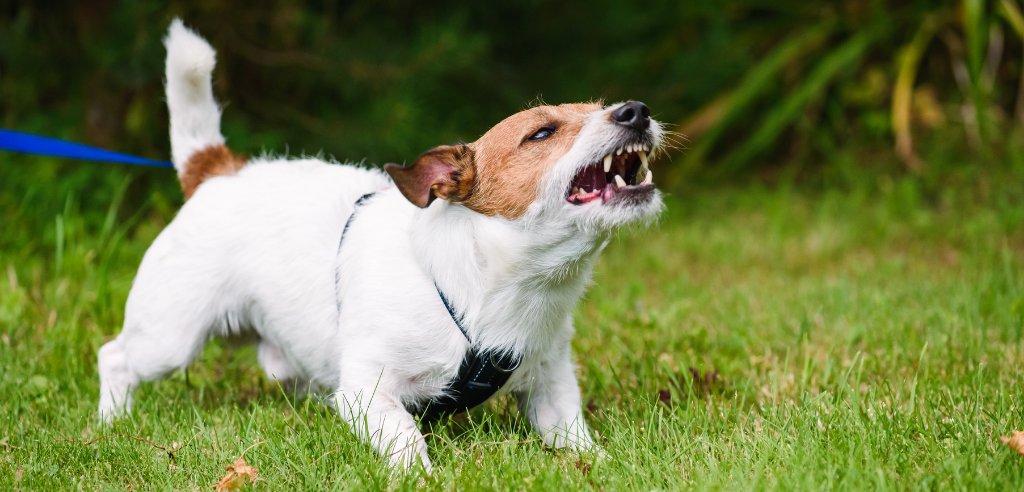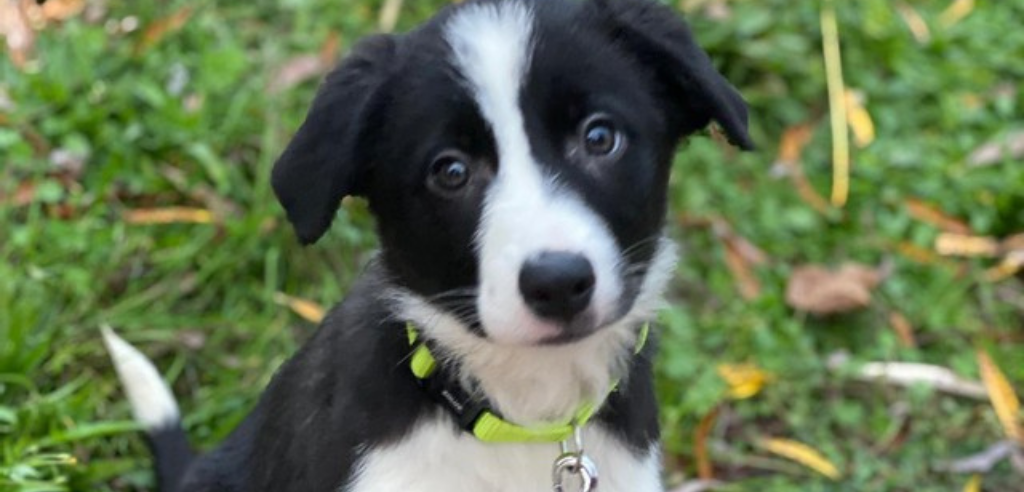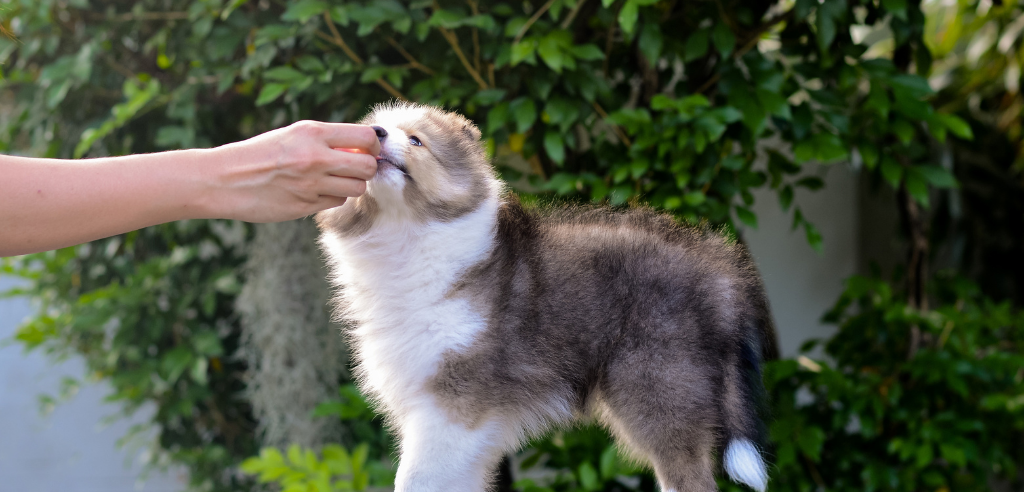If you’re about to welcome a four-legged friend to your family, or if you’re one of the thousands of people who saw Lockdown as the perfect opportunity to get a new pup, you’ll have done plenty of preparation for their arrival. From researching training basics to buying everything your pup might need, you might think you’ve got everything covered, but have you thought about how Lockdown might affect their socialisation?

What is puppy socialisation?
As part of their early development, puppies go through a stage known as socialisation, which is a period of their lives where all their experiences will have a big impact on how they view the world around them for the rest of their lives. During this time puppies are learning what is safe and what they need to avoid. The socialisation stage begins at birth and is mostly over by 16 weeks. However, the main period of socialisation for most puppies is from 3 weeks to 12 weeks.
Normally, by the time you bring your puppy home, reputable breeders will have begun socialising the litter by handling them and letting them meet all sorts of different people and introducing them to other animals. They will have been introduced to normal household noises, like the TV, washing machine and hoover, and might even have been on short car journeys.
When your puppy arrives home, its up to you to continue this socialisation to ensure they keep making positive associations with the world around them.

How Lockdown might have affected your puppy’s socialisation
Lockdown has had a big impact on puppies going through the socialisation period. Whilst you may have done an excellent job of getting them used to their world at home, many older puppies have a limited experience of the outside world. For example, your puppy might be very comfortable with loud noises coming from the TV, but they’ve never met small children, seen someone riding a bike, walked through a busy park or down a road with heavy traffic.
This lack of experiences can result in a puppy who grows up to be more fearful of these things when they encounter them later on life. When you do go out with a puppy who hasn’t been properly socialised, they’re more likely to find it overwhelming and scary and will likely bark at other people, dogs or traffic.

What you can do
Thankfully, if your puppy has missed out on important socialisation due to Lockdown, there are still ways you can help them grow into a confident and happy dog that’s ready to take on the world!
The first thing to remember is to start small and take it slow.
It can be tempting to dive straight in at the deep end, but this can be overwhelming to your puppy and reinforce their fears.
Let’s take traffic as an example. Rather than starting off by walking right next to a busy road, find a place when you and your puppy can sit and watch the traffic from a distance. Talk to your puppy to keep them calm when they look a bit scared or get overexcited and have treats on hand to reward them when they’re happy and relaxed and uninterested in the traffic.

Overtime you can move closer to the traffic as your puppy gets more comfortable and confident but remember that it’s ok to move back if your puppy needs to.
You might find it handy to have a list of experiences to tick off for your puppy.
Don’t feel any pressure to rush through the list and get everything ticked off. Current and future restrictions might mean progressing with some things might be more difficult than others.
Stay calm.
If your puppy has a negative reaction to something and starts barking or lunging, it’s important to keep calm and try not to get cross. Your puppy is behaving in a natural way to something they’re afraid of and having you get angry with them can actually make them more fearful. Instead, have a valuable reward ready when you know you’re about to encounter something your puppy is unsure of so you can distract them and keep them moving.

Have the right rewards.
All puppies are different and not all will be interested in a food-based reward, so spend some time working out what really motivates your puppy. For some it might be playing with a toy and for others it could be chasing something. By having the right rewards at hand, you’ll always be ready to reward your pup for calm reactions when they encounter new sights and sounds and distract them if they start to get a nervous.
Don’t give up!
All positive experiences in the first year of your puppy’s life have a big impact so it’s important to keep socialising them as they grow into a young dog.
If you feel that despite your socialisation efforts your puppy doesn’t seem to be advancing, you won’t be the only one and it’s ok to reach out for help. Your vet will be able to offer support and recommend veterinary behaviourists or reputable dog trainers that will help you and your pup.
If you have any advice to share with the Pawfit community about puppy socialising during lockdown, please let us know by emailing PawfitPals@pawfit.com or by DMing us on social!



